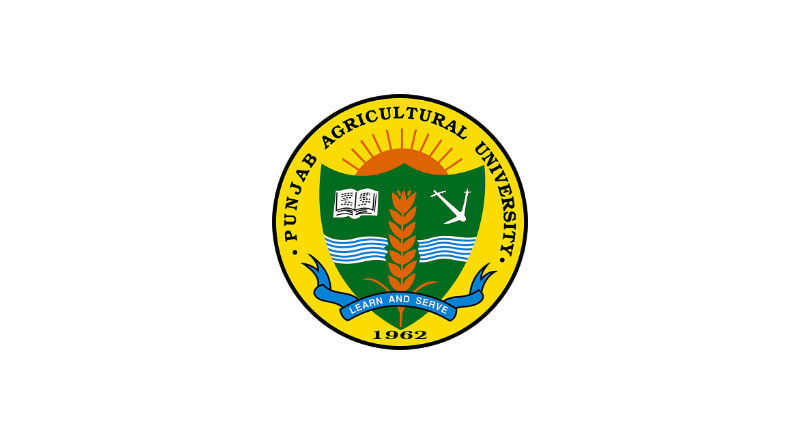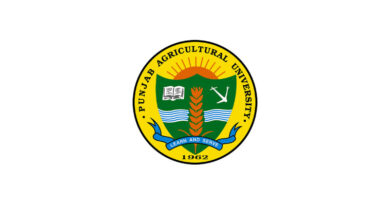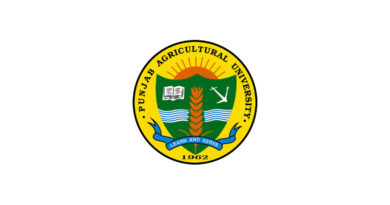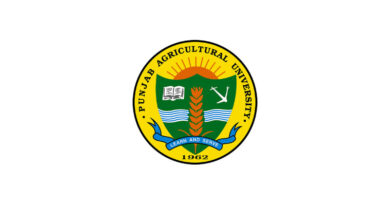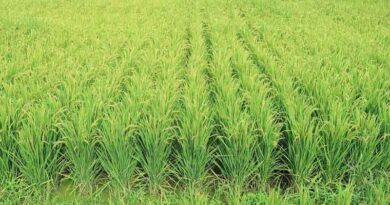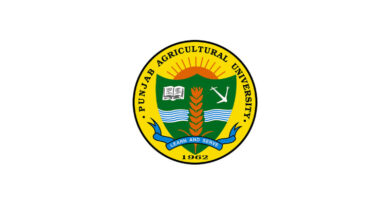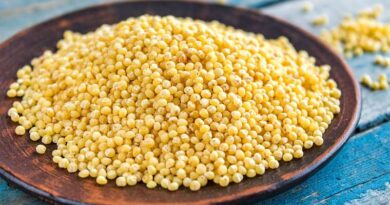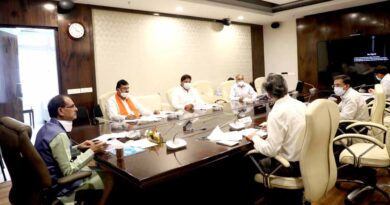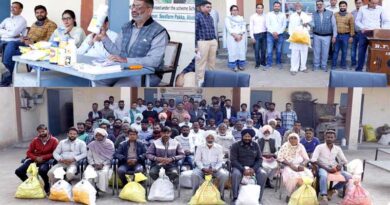PAU holds virtual Kisan Mela for Amritsar farmers; during pandemic, Punjab farmers brought area under direct seeded rice to 5 lakh hectares: Dr. Ns Bains
09 March 2021, Punjab: The Punjab Agricultural University organized a Virtual Kisan Mela for the farmers, farm women and the rural youth of Nag Kalan Jahangir, Amritsar today. Farmers in large number participated in the Virtual Kisan Mela, which was based on the theme “Aao kheti kharchey ghataiye, vadhu paani, khad na payee; Sahayek dhandey naal apna ke, kheti laheywand banaiyeh. (Let us cut farm expenses, reduce the use of water and fertilizers; adopt subsidiary occupations and make farming profitable).”
Dr Navtej Singh Bains, Director of Research, who was the chief guest, observed that Punjab agriculture was facing various challenges. Citing the myths and facts about state’s agriculture, he revealed: “The soil organic carbon in 80s-90s was .33 but at present, it has touched .51.” During the COVID-19 pandemic, there was a labour shortage, but with alertness and flexibility, Punjab farmers brought area under direct seeded rice to 5 lakh hectares, he added. Voicing concern over depleting water table, he said: “Paddy can be grown with less water also.” Dr Bains urged the farmers to grow other crops in the niche areas near Amritsar and Gurdaspur.
In his welcome address, Dr Jaskarn Singh Mahal, Director of Extension Education, remarked: “Mela is an extension activity, for which farmers have always been enthusiastic.” The celery cultivation is unique in Amritsar for the crop has medicinal value and is good for export purpose, he added.
Dr Parvinder Singh, Incharge, Krishi Vigyan Kendra, Amritsar, while proposing a vote of thanks, said the Kisan Mela at Amritsar started in 2012 for the benefit of Majha farmers. He shed light on the cultivation of basmati, karnauli, pea, potato and various other crops during the mela.
Dr TS Riar, Additional Director Communication, conducted the programme. During the mela, panel discussions on direct seeded rice and quality production of basmati, and opportunities of allied occupation in agriculture were held.

